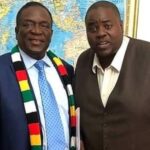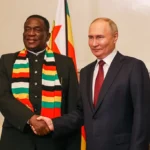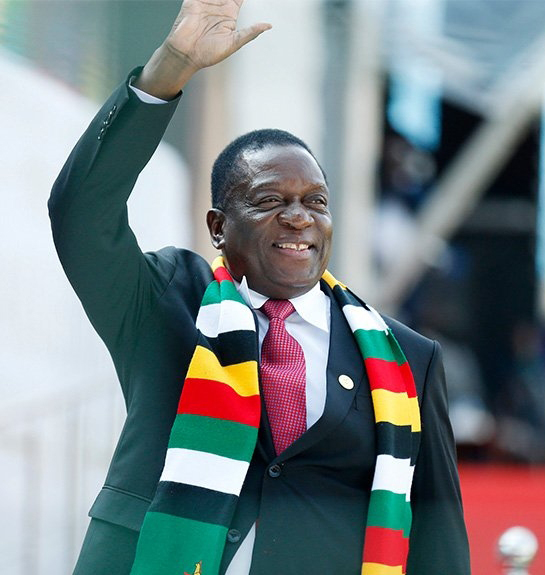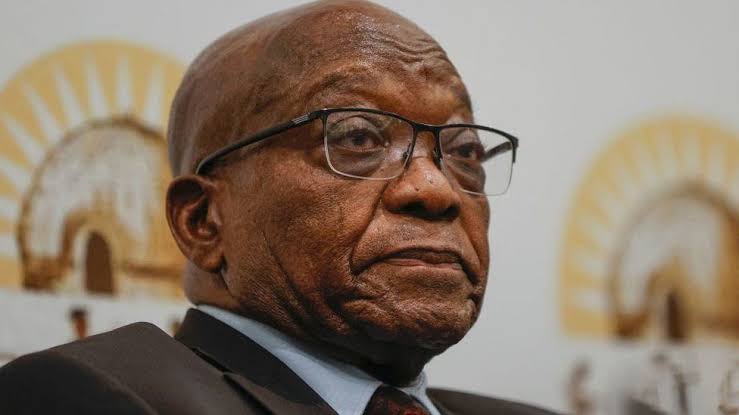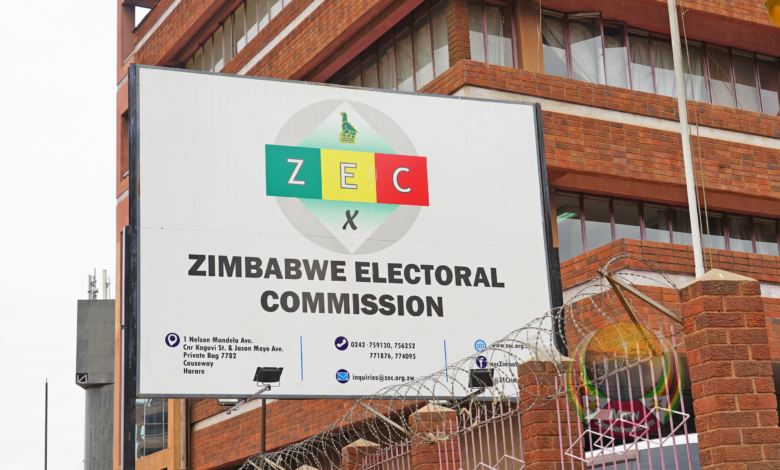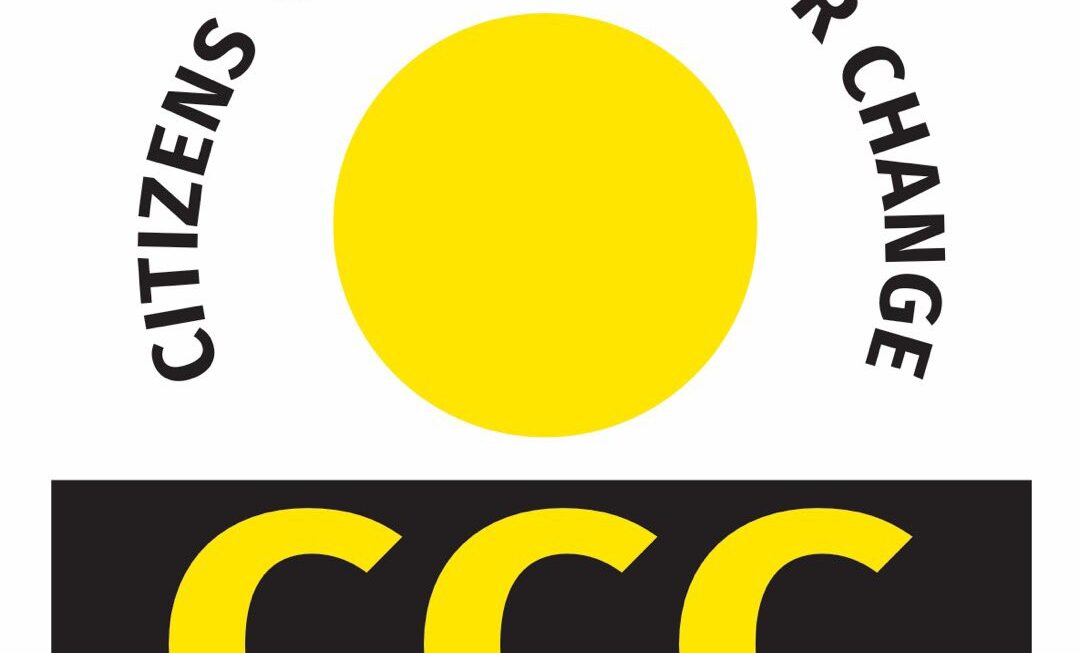President Emmerson Mnangagwa has announced his decision not to seek a third term in office, adhering to the provisions of the Zimbabwean Constitution.
Mnangagwa, who is currently in his second and final term, had been presented with the prospect of another term by the ruling Zanu PF, with the slogan “2030 VaMnangagwa vanenge vachipo” gaining popularity at party gatherings.
The Zimbabwe Constitution Amendment (No20) Act of 2013, Section 95, stipulates that a President’s term commences upon inauguration and typically spans five years until the subsequent election, where re-election or the election of a new president occurs.
According to Section 91, a President cannot exceed two terms in office if each term lasts three years or more, thereby limiting a president’s tenure to two consecutive five-year terms in Zimbabwe.
In an interview with the local magazine “Brick by Brick,” Mnangagwa confirmed his decision not to run in the upcoming election.
“There is not an iota of evidence where Zanu PF or I, as President, has ever expressed the violation of our Constitution,” stated Mnangagwa. “But we allow people to dream properly or widely. They will still wake up and find things are working and the Constitution hasn’t changed.”
He dismissed discussions about his potential third term as imaginative, asserting, “Which shows there is democracy in the country, you see… in Zanu PF are very democratic and we obey the constitution.”
Mnangagwa ascended to power following the military overthrow of the late longtime ruler, Robert Mugabe. Despite opposition claims of electoral fraud and unfairness, Mnangagwa emerged victorious in the two previous elections.
After the general elections last year, the self-imposed secretary general of the Citizens Coalition for Change (CCC), Sengezo Tshabangu, suspected to be collaborating with Zanu PF, initiated the recall of a majority of opposition legislators. In subsequent by-elections marked by contentious recalls, Zanu PF secured a two-thirds majority in Parliament, sparking concerns that the ultimate objective was to amend the Constitution and prolong Mnangagwa’s term in office.


